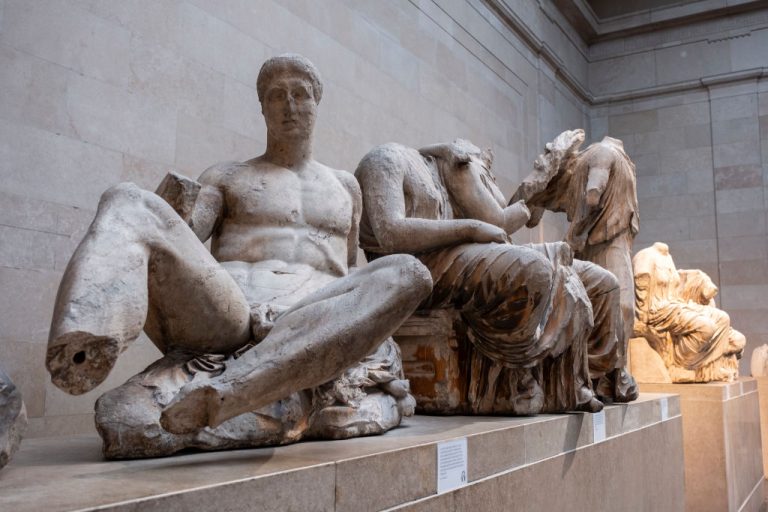Discussions between Greece and the British Museum over the fate of the Parthenon marble reliefs are heating up, with Greek officials optimistic about the possibility of a deal by 2025, according to a report from the British Museum. financial times This week.
Years of dialogue between the two governments have focused on possible loan arrangements. Under the plan, some artifacts may be temporarily returned to Athens, while important Greek artefacts will be displayed in London.
The sculptures, known in Britain as the Elgin Marbles, were removed from the Parthenon in Athens by Lord Elgin during the Ottoman occupation of Greece in the early 19th century. The British Museum has held the artifacts ever since, claiming its acquisition was legal. However, Greece has long viewed the move as unauthorized and views their return as vital to its culture and national identity.
The matter was reportedly raised by Greece during a meeting between British Prime Minister Sir Keir Starmer and Greek Prime Minister Kyriakos Mitsotakis this week. Britain said the sculptures were not officially on Starmer’s agenda but confirmed the government would not stand in the way of the loan deal. The British Museum, as an independent institution, has the power to determine these arrangements.
A 1963 British law prevents museums from permanently transferring any part of their collections, and long-term loans are the most feasible compromise. George Osborne, director of the British Museum, acknowledged that ongoing talks were constructive but noted that a deal was still a long way off.
Since taking office in 2019, Mitsotakis has made the return of the Parthenon sculptures a cornerstone of his government’s cultural policy. To avoid escalating tensions, Athens has been working to promote cooperation and mutual understanding.
While the British Museum has shown an openness to creative solutions, some of its trustees remain wary of setting a precedent that could affect other controversial artifacts.


